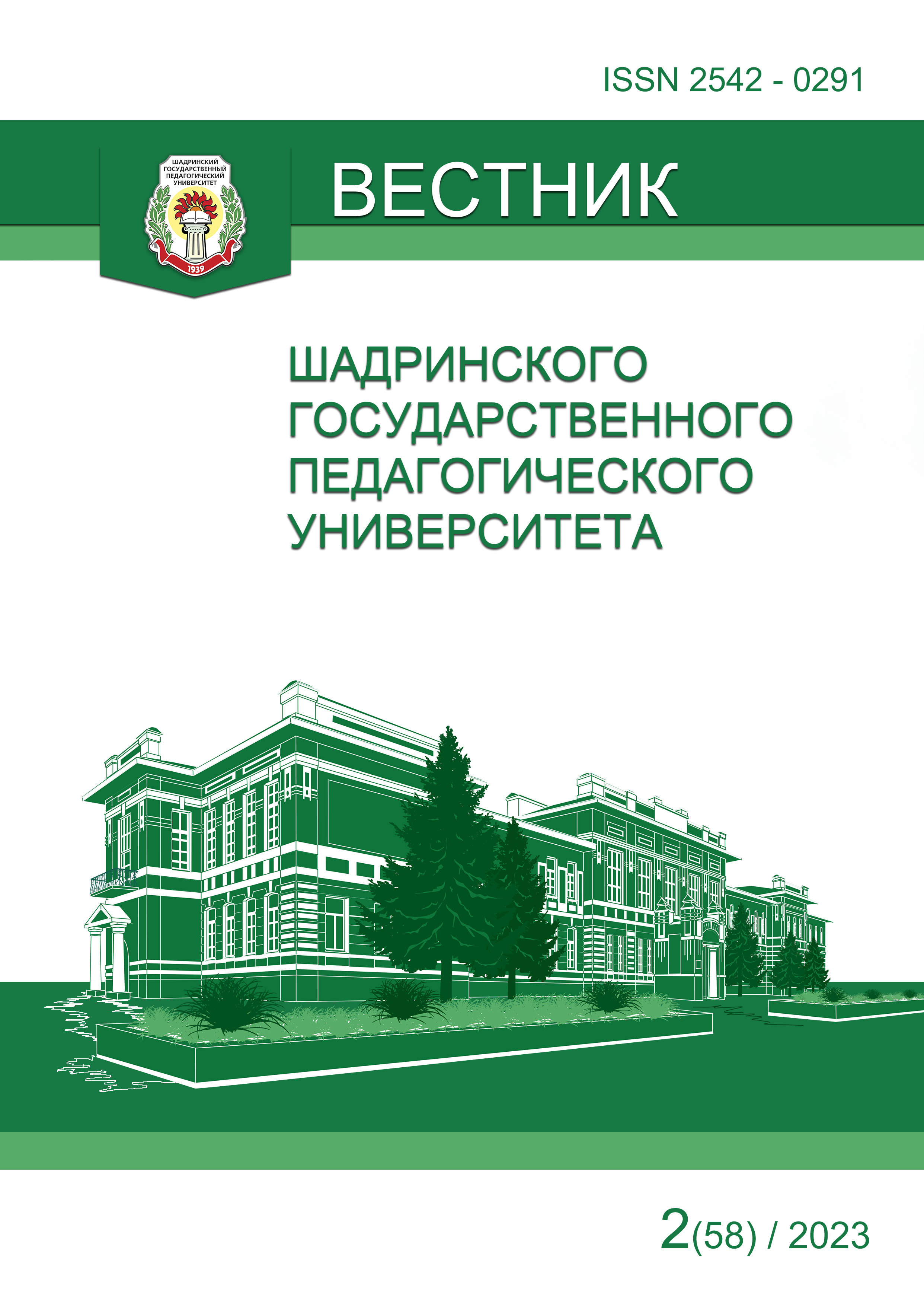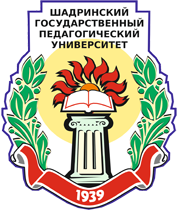Об организации дифференцированного обучения математике
On the organization of differentiated teaching of mathematics
Аннотация
Практика реализации дифференциации постоянно развивается: появляются новые формы дифференциации обучения, видоизменяются старые. В условиях классно-урочной системы обучения реализация дифференцированного подхода к учащимся подразумевает наличие у педагога знаний и умений по моделированию и проведению дифференцированных занятий. Поэтому необходимо постоянное теоретическое осмысление практики, выявление ее определяющих черт и тенденций, дидактических ориентиров эффективной организации учебного процесса в условиях дифференциации. Цель исследования: в условиях классно-урочной системы обучения рассмотреть процесс моделирования дифференцированных уроков математики.
В статье на основе анализа литературы по теме исследования определены психолого-педагогические основы организации дифференцированного урока математики и рассмотрен процесс моделирования дифференцированных уроков математики. Проблемы, рассмотренные в данной статье, далеко не исчерпывают всех вопросов, связанных с дифференцированным обучением. Освещены, в основном, те аспекты дифференциации, которые могут быть интересны педагогам, которые организуют дифференцированное обучение.
The practice of implementing differentiation is constantly evolving due to the new ones and modification of old ones. The implementation of a differentiated approach to students implies that the teacher has knowledge and skills in modeling and conducting differentiated classes in the conditions of a classroom-based learning system. The authors consider that there is a necessity for constant theoretical understanding of practice, identification of its defining features and trends, didactic guidelines for the effective organization of the educational process in conditions of differentiation. The purpose of the study is to examine the process of modeling differentiated mathematics lessons in the conditions of a classroom-based learning system.
The article determines the psychological and pedagogical foundations of the organization of a differentiated mathematics lesson and views the process of modeling differentiated mathematics lessons. The problems do not exhaust all the issues related to differentiated learning. The article highlights mainly those aspects of differentiation that may be of interest to teachers who organize differentiated education.






